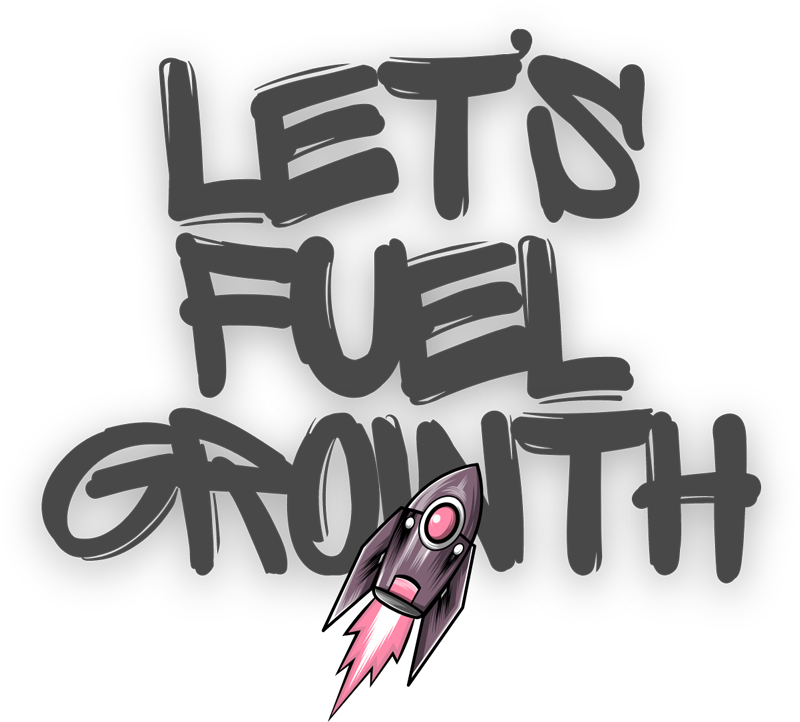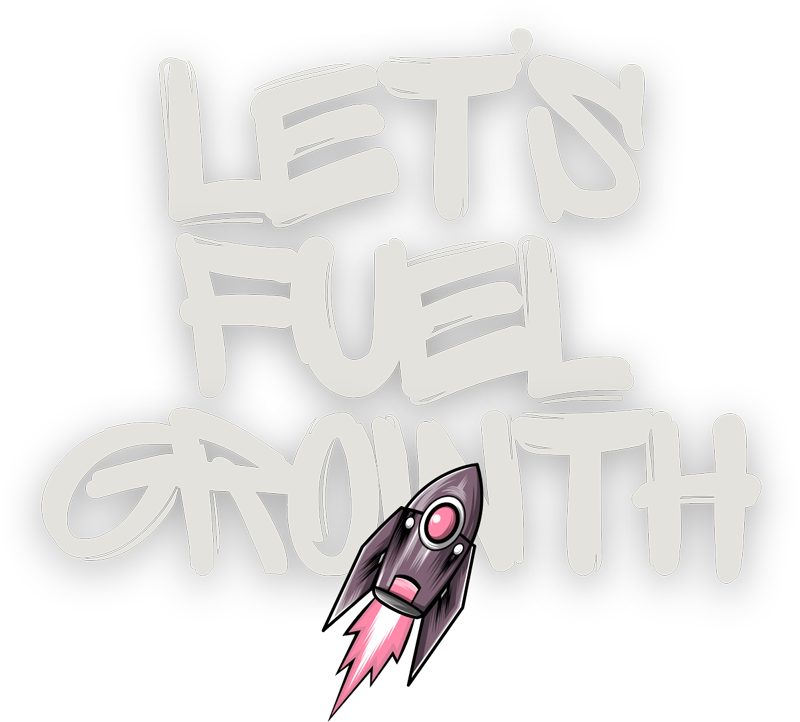The Importance of Mental Health in Long-Term Recovery
The goal of long-term recovery is to create a meaningful and sustainable life, not only to stop using drugs. Mental health is crucial to success for those navigating addiction treatment; it is not a secondary priority. Whether you’re a mom in Wayzata, a young professional in Minneapolis, or a volunteer in your community, the longevity of your recovery is greatly influenced by your mental health.
Recovery should be inclusive, comprehensive, and empowering, according to Let’s Fuel Growth. We stress mental health as a vital component of each person’s healing process because of this.
Understanding the Link between Mental Health and Addiction
Mental health issues and addiction frequently coexist. Approximately 50% of individuals with a substance use disease also suffer from a mental health disorder at some point in their lives, according to the National Institute on Drug Abuse.
Common co-occurring conditions include:
- Depression
- Anxiety
- PTSD (Post-Traumatic Stress Disorder)
- Bipolar disorder
- ADHD
Substance abuse is frequently a kind of self-medication that conceals untreated illnesses or deeper emotional scars. But if these underlying issues are not addressed, recovery may be brittle and fleeting.
How Mental Health Strengthens Long-Term Recovery
A healthy existence starts with a healthy mind. Making mental health a priority during recovery promotes resilience, stability, and personal development. Here’s how:
Builds Coping Skills and Emotional Resilience:
Recovery is not a time when life stops. There will be difficulties, ranging from family dynamics to financial strain. Through coaching, mindfulness, or treatment, mental health care empowers people to:
- Manage stress and triggers without relapsing
- Handle feelings in a constructive, healthy manner.
- Change the way you think negatively.
Strengthens Self-Esteem and Identity:
Recovery frequently entails reclaiming your identity outside of addiction. Reconnecting with one’s values, interests, and purpose is facilitated by working on mental health issues. Through leadership development, volunteer work, or artistic endeavors, these experiences help people regain their self-esteem and confidence.
Improves Relationships and Communication:
Our relationships with others are directly impacted by our mental health. People in recovery can mend relationships, establish healthy boundaries, and create a network of supporting contacts by undergoing emotional healing. This is a crucial preventative measure against relapse.
The Power of Community: Mental Health and Peer Support
Healing flourishes in community rather than solitude. At Let’s Fuel Growth, many members of our community participate actively in group activities such as:
- Community 5Ks
- Painting competitions
- Retreats for leadership
- Outreach and volunteer work
These are chances for social bonding, emotional healing, and shared accountability, not just pastimes.
For people who are struggling with stigma or feelings of shame, connecting with people who share their experience of recovery can be transformative.
Breaking the Stigma: It’s Okay to Ask for Help
There is still stigma associated with mental health, particularly for those who are addicted. But it’s not a sign of weakness to seek for aid. It’s a brave beginning on the path to development.
Whether you’re going to a leadership program, joining a support group, or seeking treatment, be aware that:
- You’re not by yourself.
- There is no linear recovery.
- Although it takes time, healing is possible.
Let’s Fuel Growth offers community-focused, action-oriented, and inclusive materials to help you along the journey.
Actionable Ways to Strengthen Mental Health During Recovery
Whether you are in recovery or helping someone who is, the following doable actions can improve mental health:
| Strategy | How It Helps |
| Therapy (CBT, DBT, EMDR) | Addresses trauma, teaches coping tools |
| Daily routines | Builds structure, reduces uncertainty |
| Community involvement | Fosters belonging, purpose |
| Physical activity | Boosts mood, reduces stress |
| Mindfulness & meditation | Encourages self-awareness, calm |
| Goal-setting workshops | Inspires motivation, direction |
Conclusion: Whole-Person Healing for a Stronger Tomorrow
In recovery, mental health is essential, not optional. It builds purpose, resilience, and a life worth maintaining sobriety for. Mental wellness is your hidden weapon for long-term success, regardless of your age—you may be a 35-year-old father trying to start over, a recently sober young adult searching for meaning, or someone dedicated to helping others succeed.
Let’s Fuel Growth is a call to action rather than just a moniker. We cordially encourage you to become a part of a movement that combines leadership, recovery, and mental health to bring about long-lasting change.


Leave a Reply
You must be logged in to post a comment.